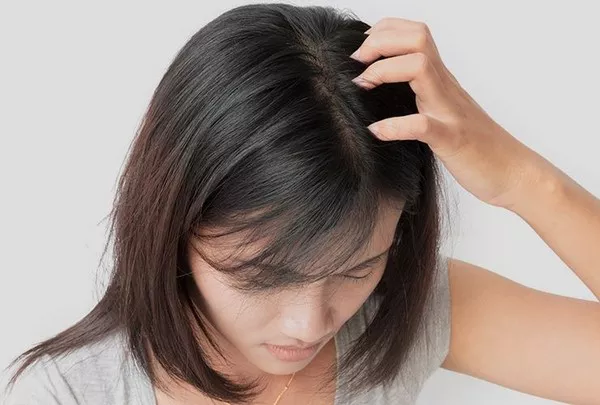The pursuit of luscious, healthy locks often leads individuals to explore various hair care products, and conditioner stands out as a staple in many routines. But can this seemingly humble product truly repair damaged hair? In this article, we unravel the science behind conditioners and their effectiveness in rejuvenating distressed strands.
Understanding Damaged Hair
1. The Culprits: Chemical Treatments and Environmental Factors
Damaged hair can result from a variety of factors, including chemical treatments (such as coloring or perming), excessive heat styling, environmental pollutants, and even harsh weather conditions. These elements strip the hair of its natural oils, leading to dryness, brittleness, and breakage.
2. Signs of Damaged Hair
Identifying damaged hair is crucial for determining the right course of action. Common signs include split ends, frizz, lack of shine, and a general rough texture. The severity of damage can range from mild to severe, requiring different approaches for effective repair.
The Role of Conditioner
1. Conditioning Agents: Nourishing the Strands
Conditioners contain a variety of conditioning agents, such as silicones, oils, and proteins, designed to provide a protective coating and nourishment to the hair shaft. These ingredients aim to address specific issues related to damaged hair, offering a range of benefits.
2. Moisture Restoration
One primary function of conditioners is to restore moisture to the hair. Dry and damaged hair lacks the necessary hydration, and conditioners work to replenish moisture, improving the overall texture and appearance.
3. Smoothing and Detangling
The conditioning agents in the product aid in smoothing the hair cuticle, reducing frizz, and making the strands more manageable. This, in turn, helps in detangling, preventing further damage during combing or brushing.
Types of Conditioners
1. Moisturizing Conditioners
Designed for dry and damaged hair, moisturizing conditioners focus on replenishing lost moisture. Ingredients like glycerin and natural oils are common in these formulations.
2. Protein-Enriched Conditioners
For hair that needs strengthening, protein-enriched conditioners are the go-to. They contain ingredients like keratin or amino acids to fortify the hair shaft and reduce breakage.
3. Deep Conditioning Treatments
Deep conditioners are intensive treatments that provide extra nourishment. They often require more extended application times and can be especially beneficial for severely damaged hair.
How to Use Conditioner Effectively
1. Proper Application
Applying conditioner correctly is crucial for optimal results. Focus on the mid-lengths to ends of the hair, avoiding the scalp to prevent excess buildup. Comb through the hair with a wide-toothed comb to ensure even distribution.
2. Consistency in Usage
Regular use of conditioner is key to reaping its benefits. Incorporate it into your hair care routine after each shampoo, and consider using a deep conditioning treatment once a week for added nourishment.
Debunking Myths
1. Conditioner Can’t Repair All Damage
While conditioners are powerful tools for improving the appearance and manageability of damaged hair, they can’t perform miracles. Severe damage may require professional intervention and more intensive treatments.
2. The Importance of a Balanced Routine
Relying solely on conditioner may not suffice for complete hair repair. A holistic approach that includes a balanced diet, proper hydration, and minimizing damaging practices like excessive heat styling is essential for overall hair health.
Conclusion: Conditioner as a Repair Ally
In the realm of hair care, conditioner emerges as a valuable ally in the quest to repair damaged strands. Its carefully formulated ingredients target specific issues, from moisture loss to structural damage, providing tangible benefits when used consistently and correctly. While it may not reverse all forms of damage, a well-chosen conditioner can certainly contribute to the revitalization of your hair. Remember, the key lies in understanding your hair’s needs, selecting the right type of conditioner, and incorporating it into a comprehensive hair care routine.

